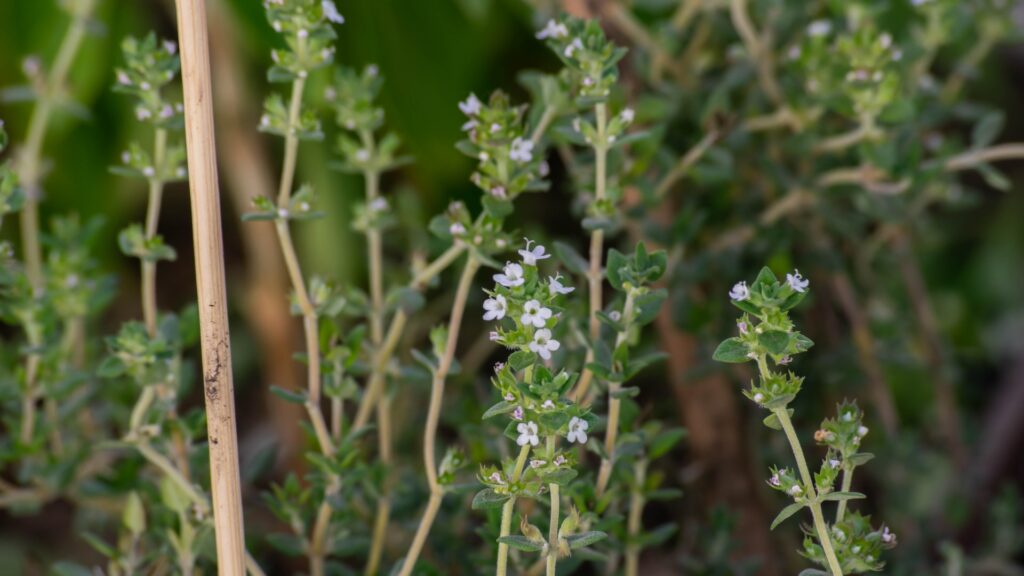Introduction:
In recent years, more and more people have been opting for organic gardening as a way to cultivate a healthy and sustainable home garden. Organic gardening is all about working in harmony with nature and avoiding the use of synthetic chemicals and pesticides. In this blog post, we will explore the numerous benefits of organic gardening and provide you with practical tips to create a chemical-free garden that not only benefits your health but also supports the environment.
1. Health Benefits of Organic Gardening:
One of the key reasons why organic gardening has gained popularity is its positive impact on personal health. By choosing to grow and consume organic produce, you reduce your exposure to harmful chemical residues commonly found in conventionally grown crops. Organic fruits, vegetables, and herbs are free from synthetic fertilizers and pesticides, making them truly nutritious and safe for consumption.
2. Environmental Benefits of Organic Gardening:
Organic gardening practices prioritize the health of the soil, water, and biodiversity. By avoiding the use of chemical fertilizers and pesticides, you contribute to preserving the natural ecosystem. Organic gardens promote healthy soil by utilizing compost, mulch, and natural fertilizers, which enhance soil fertility and structure over time. Additionally, by supporting the growth of beneficial insects and pollinators, organic gardens contribute to maintaining biodiversity and a healthy environment.
3. Cost-effective and Sustainable Gardening:
Contrary to popular belief, organic gardening can be cost-effective in the long run. By utilizing organic and sustainable gardening practices, you can reduce your reliance on expensive chemical inputs and petrochemical-based fertilizers. Creating your compost from kitchen scraps and yard waste not only saves money but also provides a rich and natural source of nutrients for your plants. By recycling and reusing resources within your garden, you create a sustainable and eco-friendly gardening system.
4. Tips for Starters in Organic Gardening:
If you’re new to organic gardening, here are some essential tips to help you get started:
– Plan your garden layout to maximize sunlight and minimize competition from weeds.
– Choose organic, non-GMO seeds or seedlings for your garden.
– Focus on building healthy soil through composting and incorporating organic matter.
– Use natural pest control methods like companion planting, insect traps, and beneficial predator insects.
– Implement water-saving techniques such as mulching and drip irrigation to conserve water.
Conclusion:
Organic gardening offers numerous benefits for both individuals and the environment. By adopting sustainable and chemical-free gardening practices, you can enjoy the health benefits of organic produce while also contributing to a greener and more sustainable future. Start your own organic garden today and reap the rewards of a nutritious, cost-effective, and eco-friendly home garden.

